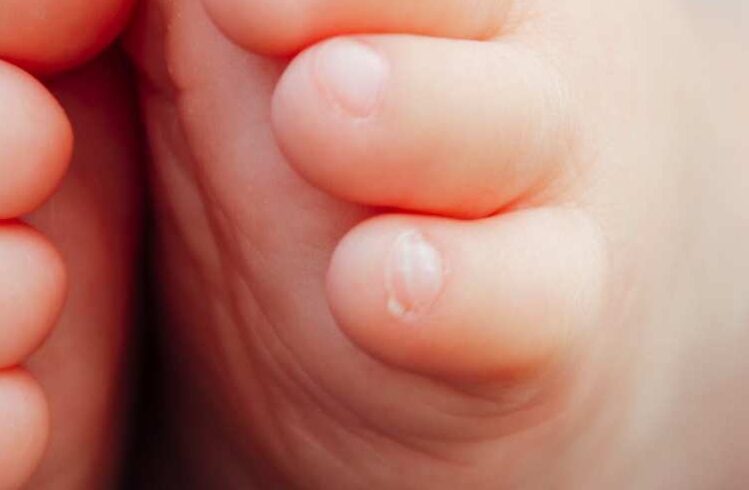
China’s government will offer cash subsidies to parents with children under the age of three, as the world’s second most populous nation faces a looming demographic crisis.
State media reported on Monday that parents would receive 3,500 yuan ($765) per year per eligible child.
The country’s population has declined for three consecutive years, with United Nations demography models predicting it could fall from 1.4 billion today to 800 million by 2100.
The nationwide subsidies apply retroactively from January 1, Beijing’s state broadcaster CCTV said, citing a decision by the ruling Communist Party and the State Council, China’s cabinet.
“This is a major nationwide policy aimed at improving public wellbeing,” CCTV said.
“It provides direct cash subsidies to families across the country, helping to reduce the burden of raising children,” it added.
Beginning in 2016, the Chinese government allowed families to have two children, and in 2021 all married couples were permitted to have as many as three. (Reuters: Aly Song)
There were just 9.54 million births in China last year, half the number than in 2016, the year it ended its one-child policy, which was in place for more than three decades.
The population declined by 1.39 million last year, and China lost its crown as the world’s most populous country to India in 2023.
Marriage rates are also at record low levels, with many young couples put off having babies by high child-rearing costs and career concerns.
Parents welcome cash
Parents in Beijing welcomed the fresh subsidies, but said more needed to be offered for them to consider having extra children.
“For young couples who just got married and already have a baby, it might actually encourage them to consider having a second child,” Wang Xue, a mother to a nine-year-old son, told AFP.
This is how countries in Asia are trying to convince people to have kids
“After all, the subsidy does help ease their burdens… and also offers some psychological comfort,” Ms Wang said.
But she said the new measures would not be enough to convince her to have a second child.
“Having one child is manageable, but if I had two, I might feel a bit of (financial) pressure,” she said.
Zhang Wei, a 34-year-old father of a daughter and son, said the new subsidies were “a good start” because raising children was getting more expensive.
“Compared to our generation, the costs have definitely increased exponentially,” he said.
Analysts question policy’s effectiveness
While analysts said the subsidies were a step in the right direction, they warned that the new measures alone would not reverse China’s population decline, nor boost its domestic spending slump.
“It is encouraging that the government finally moved to use fiscal subsidies to boost fertility,” said Zhiwei Zhang, president and chief economist at Pinpoint Asset Management.
It also showed the government recognised the “serious challenge” that low fertility rates posed for the economy, Mr Zhang added.
China’s dating revolution defies marriage pressure
Zichun Huang, China economist at Capital Economics, said the policy marked a “major milestone” in terms of direct handouts to households and could lay the groundwork for more fiscal transfers in the future.
But he said the sums were too small to have a “near-term impact on the birth rate or consumption”.
Many local governments have already rolled out subsidies to encourage childbirth.
In March, Hohhot, the capital of China’s northern Inner Mongolia region, began offering residents up to 100,000 yuan ($21,000) per newborn for couples with three or more children, while first and second children will be eligible for 10,000 ($2,100) and 50,000 ($10,700) yuan subsidies.
In Shenyang, in northeastern Liaoning province, local authorities give families who have a third child 500 yuan per month until the child turns three.
More than 20 provincial-level administrations in the country now offer childcare subsidies, according to official data.
Premier Li Qiang vowed to provide childcare subsidies during the government’s annual work report in March.
China’s shrinking population is also aging fast, sparking worries about the future of the country’s pension system.
There were nearly 310 million people aged 60 and over in 2024.
AFP/ABC





